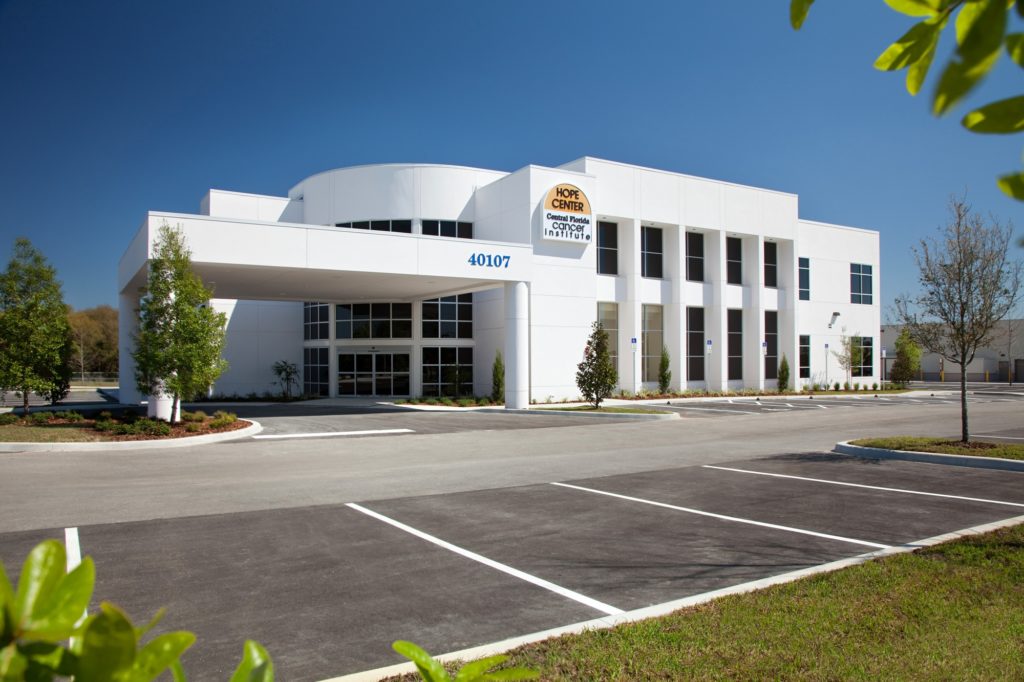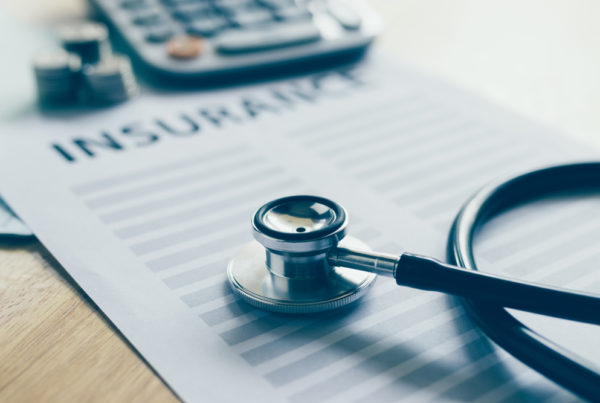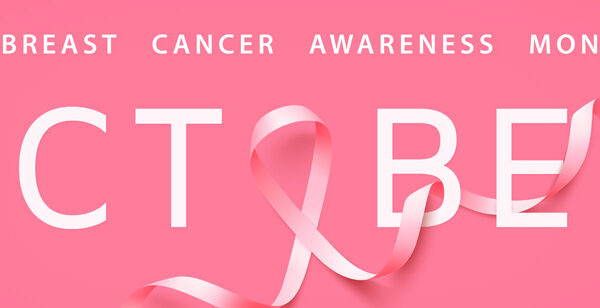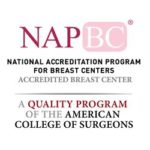We wanted to address some of the most common questions surrounding cancer risk and prevention. These are often FAQ by our patients and we wanted to share our insights that everyone can use.
1. Who can get cancer?
Anyone can get cancer, but it’s more common in older people. Your chances of getting cancer depend on things like:
- Whether you smoke
- What you eat
- How much you exercise
- If cancer runs in your family
- What you’re exposed to at work and in your environment
2. How does cancer start?
Our bodies are made of tiny building blocks called cells. Usually, cells grow and die in an orderly way. But sometimes cells start growing out of control and form lumps called tumors. Some tumors are harmless, but cancerous ones can spread to other parts of the body.
3. Does cancer run in families?
Sometimes. About 5-10% of cancers are passed down in families. But most cancer-causing changes to cells happen during a person’s life, not from their parents.
4. Can you catch cancer from someone else?
No. You can’t catch cancer like you catch a cold or flu.
5. Is there a shot to prevent cancer?
There’s no shot that prevents cancer directly. But there are shots that protect against viruses that can cause cancer, like:
- HPV (which can cause cervical cancer and others)
- Hepatitis B (which can lead to liver cancer)
6. Can cancer be cured?
Yes! When treatment works well, doctors say the cancer is “in remission.” If cancer stays gone long enough, doctors might say it’s cured.
7. What are cancer stages?
Cancer stages tell how far the cancer has spread:
- Stage 0-1: Early cancer, still small
- Stage 2-3: Larger cancer that might have spread nearby
- Stage 4: Cancer has spread to other parts of the body
8. What are cancer’s warning signs?
Common warning signs include:
- Losing weight without trying
- Feeling very tired
- Pain that won’t go away
- Changes in skin
- Changes in bathroom habits
- Sores that won’t heal
- Unusual bleeding
- Lumps or bumps
- Trouble swallowing
- Changes in moles
- Cough that won’t go away
Remember: Having these signs doesn’t mean you have cancer, but you should see a doctor to be sure.
9. How do cancer medicines work?
There are different types:
- Chemotherapy: Kills cancer cells but can also hurt healthy cells
- Targeted therapy: Attacks specific parts of cancer cells
- Immunotherapy: Helps your body’s natural defenses fight cancer
10. When should I get checked for cancer?
Talk to your doctor about what tests you need and when. Different types of cancer need different types of tests, and the right time to start getting tested depends on things like your age and family history.
For more information or to schedule an appointment, contact the Central Florida Cancer Institute in Davenport. This guide provides basic information about cancer but should not replace professional medical advice. Always consult with healthcare providers for personal medical decisions.




